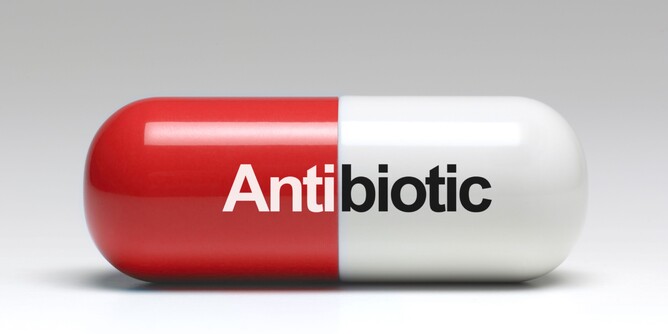Antibiotic resistance is becoming an increasing concern in both human and veterinary medicine. Since many drugs are used in both sectors, it's crucial for all of us to use antibiotics responsibly.
To help guide treatment choices, antibiotics are classified into three categories, based on their risk of resistance and importance to human health:
Green - first-line choice
Orange - second-line choice
Red - last resort.
For most cases of mastitis, penicillins like Intracillin MC are usually effective. However, if you find yourself regularly reaching for red drugs such as Mastalone or Tylovet, it’s important to consult with your vet. Milk cultures are essential to determine if resistance is present on your farm, justifying the use of these last-resort antibiotics.
Dry-off time
Dry-off time is another key opportunity to reduce unnecessary antibiotic use. While blanket dry cow therapy is still allowed in certain cases, the industry is strongly moving away from this practice. Be prepared for the possibility of future regulations prohibiting blanket treatment.
Herd testing is the best way to assess the individual cow’s need for dry cow therapy. We recommend 3-4 herd tests throughout the season, with the final one done a few weeks before dry-off. You can contact LIC or your KeyVet to get started.
Dairy antibiograms
Dairy antibiograms are also a valuable tool to monitor herd health. A bulk milk sample is cultured to identify resistant bacteria and assess resistance genes against commonly used antibiotics. This helps you make informed antibiotic choices for both mastitis treatment and dry-off, and can alert you to any emerging resistance issues on your farm.
Technology advancements in-clinic
In addition to antibiotic stewardship, keeping pace with rapidly advancing technology is essential to providing the best care for your animals.
At our clinic, we are committed to staying at the forefront of innovation. Recently, we installed a full suite of in-house diagnostic tools, allowing us to perform comprehensive blood work for your farm dogs and cats right here in the clinic.
While large animal diagnostics are not yet available on-site, advancements in this area are on the horizon, which will mean quicker turnaround times for results.
We have also introduced an AI-powered microscope, providing fast and objective analysis for investigating lumps and skin issues in pets. Looking ahead, this same technology will soon be able to perform faecal egg counts for dairy calves, delivering same-day results to help manage parasitic burdens more efficiently.
The dairy industry is no stranger to evolving technology, and there’s a growing range of tools available, from wearable health trackers to inline mastitis detectors.
We stay up-to-date on the latest dairy tech innovations, so, if you’re interested in exploring these advancements for your herd, have a chat with your KeyVet about the best options for your farm.

